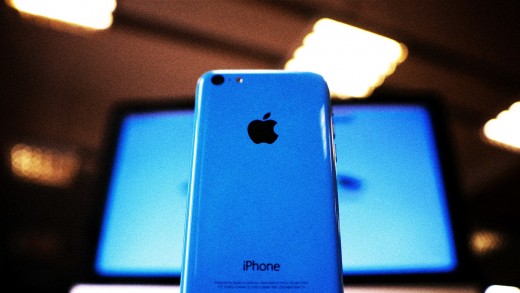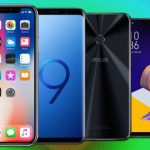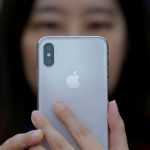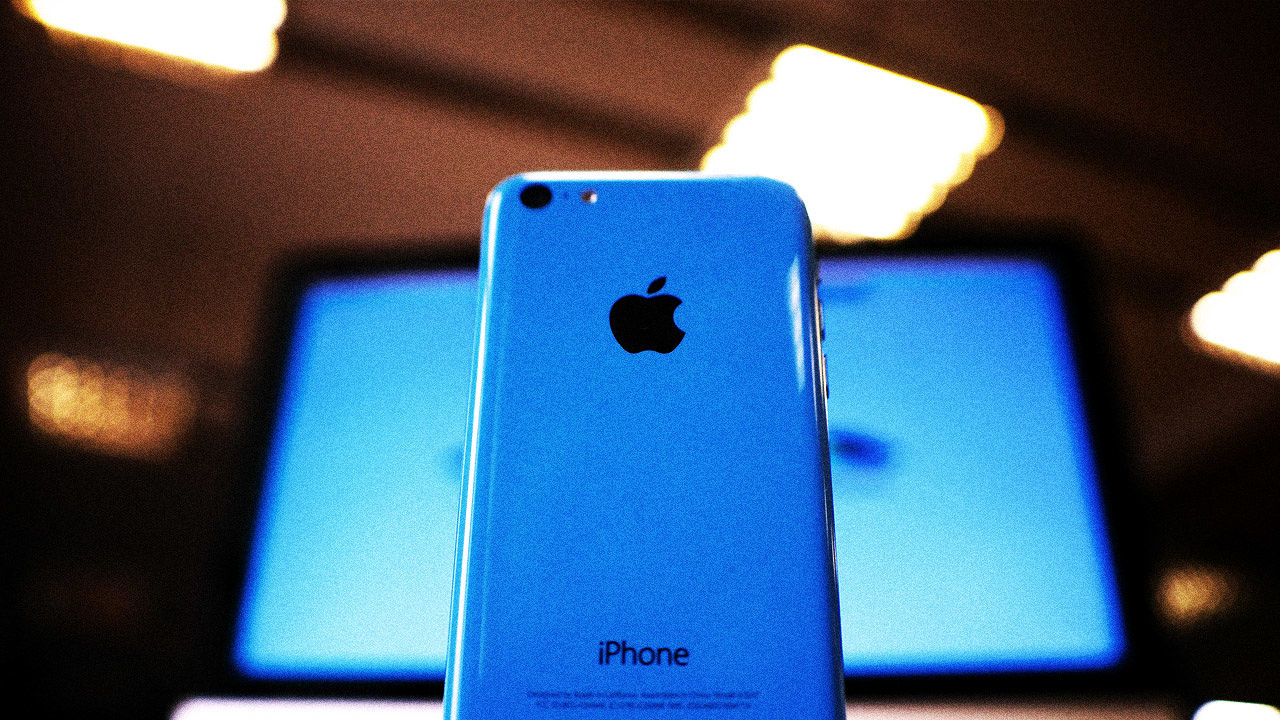Justice Department Files To Reverse Apple’s Encryption Win In Brooklyn Federal Court
The Justice Department has appealed a Brooklyn, New York federal judge’s February 29 refusal to order Apple to help break into the iPhone of a suspected drug trafficker. It’s the latest move in Apple’s high-profile legal joust with the Justice Department over providing a “back door” to encrypted user data.
New York Magistrate Judge James Orenstein ruled last week that the government can’t rely on the 1789 All Writs Act to compel Apple to help law enforcement unlock Jun Fung’s iPhone 5s.
The case is being watched carefully because of its similarity to the California case in which Magistrate Judge Sheri Pym issued an order February 16 for Apple to help the FBI break into the iPhone of San Bernardino shooter Syed Farook. That order also relies on the All Writs Act for its authority. Apple has requested the order be vacated.
“Apple is not being asked to do anything it does not currently have the capability to do,” write the DOJ attorneys in the motion, which was filed today.
The attorneys argue in several sections of the motion that courts have issued these same types of orders in many other cases, and Apple has complied.
“All of Apple’s pre-iOS 8 operating systems allowed for extracting data from a passcode-locked device,” the motion reads. “Apple has used that capability dozens of times, in response to lawful court orders like the one sought here, with no claim that doing so put customer data or privacy in harm’s way.”
Jun Feng’s iPhone 5s runs iOS 7, which far easier to break into than Syed Farook’s iPhone 5c, which had the advanced security features introduced with iOS 8.
The New York Times cites sources close to the matter saying that the DOJ lawyers hope to delay the outcome of the Brooklyn case long enough to get a decision in the San Bernardino Case. The lawyers feel their chances of victory in the California case are stronger. A win there could set a precedent with far-reaching implications.
Magistrate Judge Pym will review the case of Syed Farook’s phone again on March 22.
Fast Company , Read Full Story
(22)














